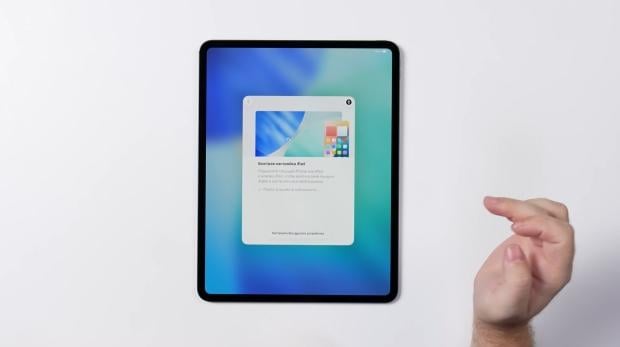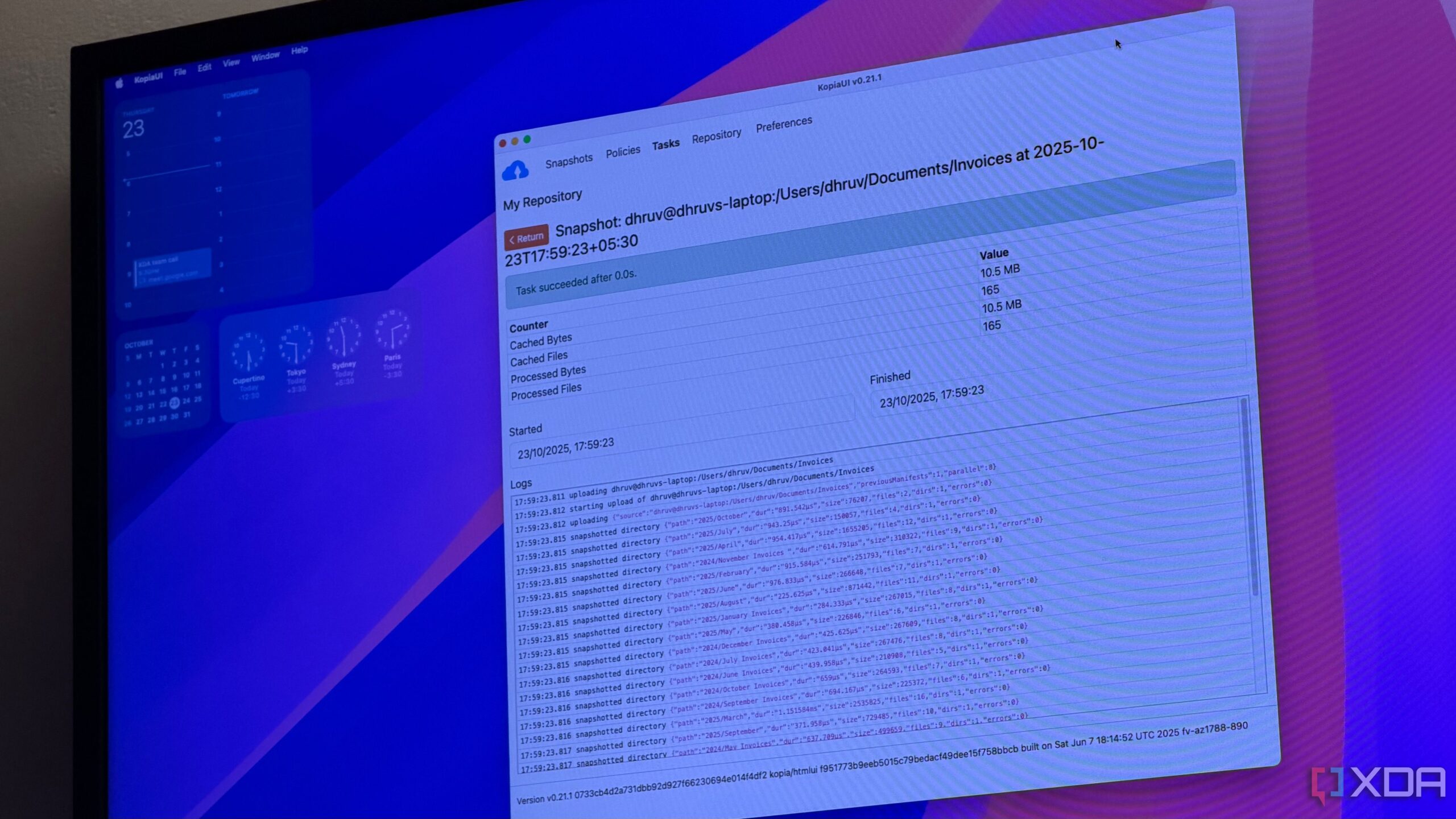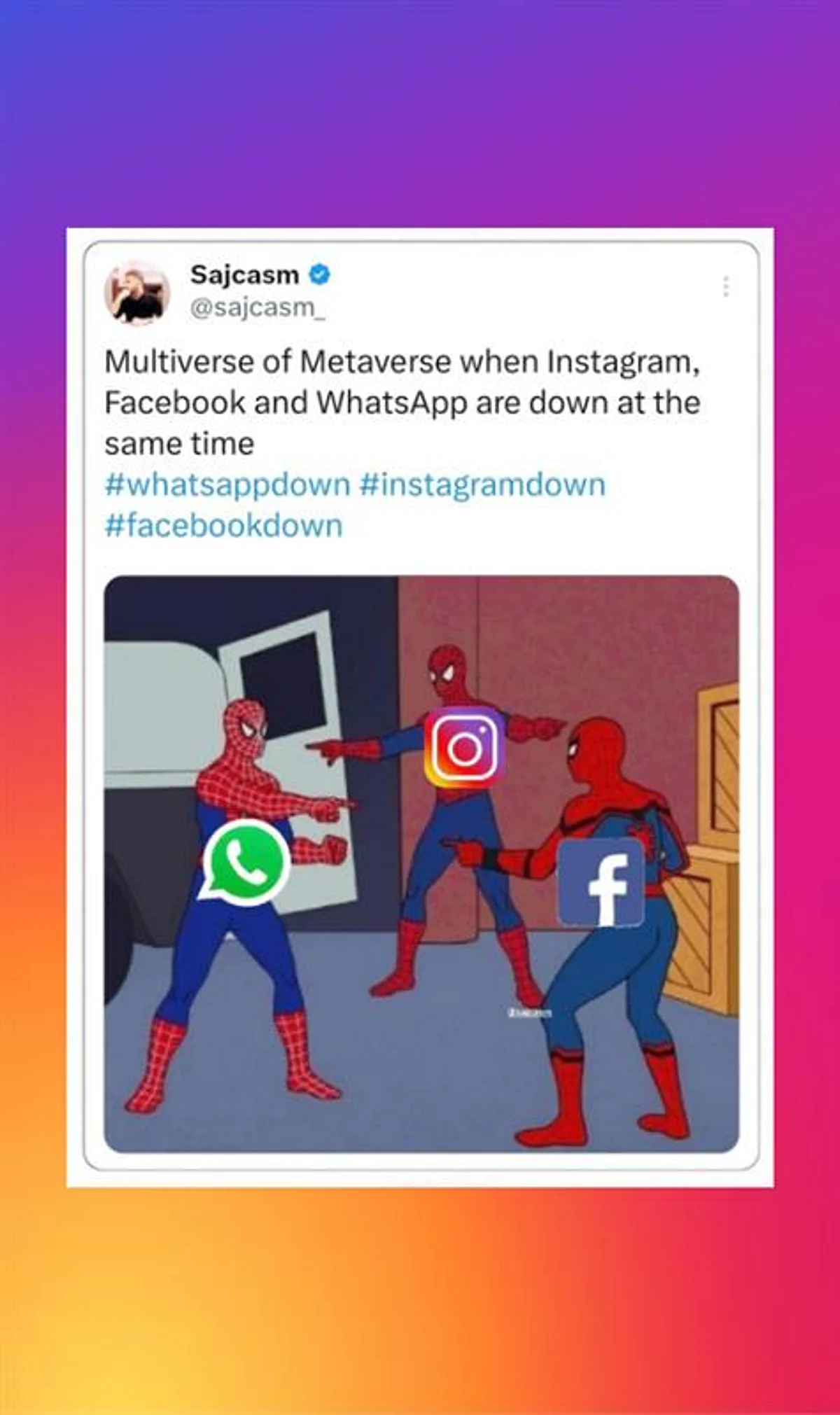Apple has taken significant action against its latest device, the M5 iPad Pro, which was unexpectedly unboxed by a Russian YouTuber ahead of its official announcement. The company remotely disabled the tablet, rendering it unusable shortly after the video went live. This move has sparked considerable discussion about Apple’s control over its products and the implications for users who acquire devices before their official release.
The incident unfolded when a prominent Russian YouTuber showcased the M5 iPad Pro in an unboxing video. Viewers were treated to a first look at the highly anticipated device, which features cutting-edge technology and advanced specifications. However, Apple promptly responded by initiating an over-the-air update that effectively “bricked” the tablet, turning it into what many are now calling an expensive paperweight.
Implications of Apple’s Remote Disabling
Apple’s decision to disable the M5 iPad Pro raises questions about the company’s strict policies regarding product launches and user access. By controlling how and when devices can be used, Apple reinforces its reputation for maintaining a tight grip on product releases. This strategy, while designed to protect the brand’s image and market strategy, also poses challenges for consumers who may purchase devices prematurely.
The M5 iPad Pro, which was not scheduled for release until later this year, has already generated considerable buzz in the tech community. With its innovative features and advanced capabilities, it is expected to attract a significant number of buyers upon its official launch. Yet, this incident highlights the potential risks associated with early access to unreleased technology.
According to reports from TweakTown, Apple’s actions may serve as a warning to others who attempt to showcase unreleased products. The company’s ability to remotely disable devices underscores its commitment to controlling the narrative around its launches. This incident may deter future attempts by content creators to unveil products before they are officially announced.
Consumer Reactions and Future Considerations
The reaction from consumers has been mixed. Some have expressed frustration over the lack of access to a product they believed they had legitimately acquired. Others understand Apple’s position, recognizing that pre-release devices can lead to misinformation and misrepresentation of the product’s capabilities.
As technology continues to evolve, the balance between consumer access and corporate control will remain a contentious issue. This incident serves as a reminder of the power that companies like Apple wield in shaping the consumer experience. It also highlights the need for transparency in the tech industry, especially regarding product availability and functionality.
Moving forward, potential buyers of the M5 iPad Pro and other devices might reconsider the implications of purchasing products before their official launch. As companies increasingly employ strategies to protect their intellectual property and market positions, consumers must navigate a landscape where early access can come with significant risks.
This incident not only reflects Apple’s stringent policies but also raises broader questions about the future of technology consumption and the relationship between corporations and their customers.







